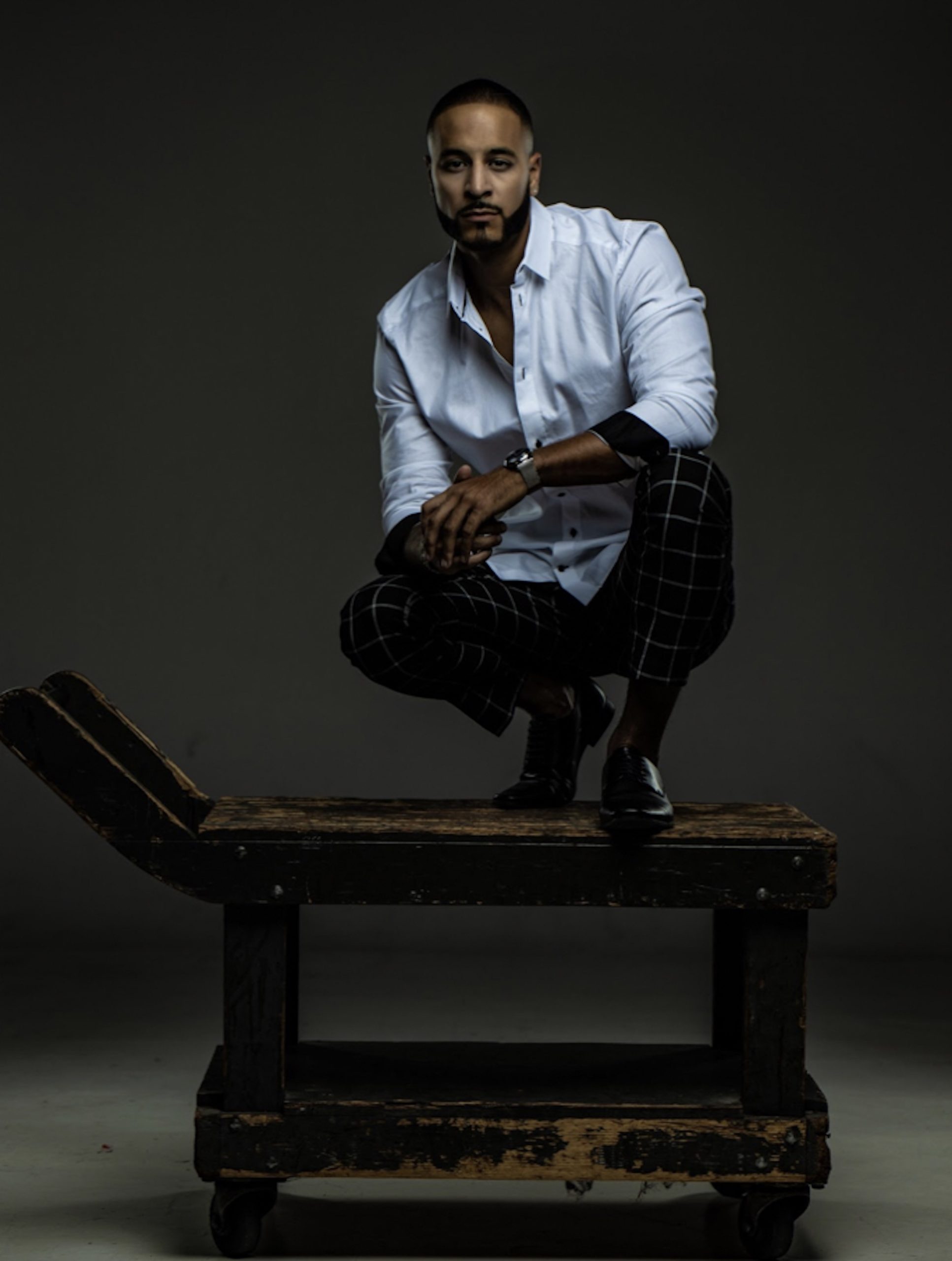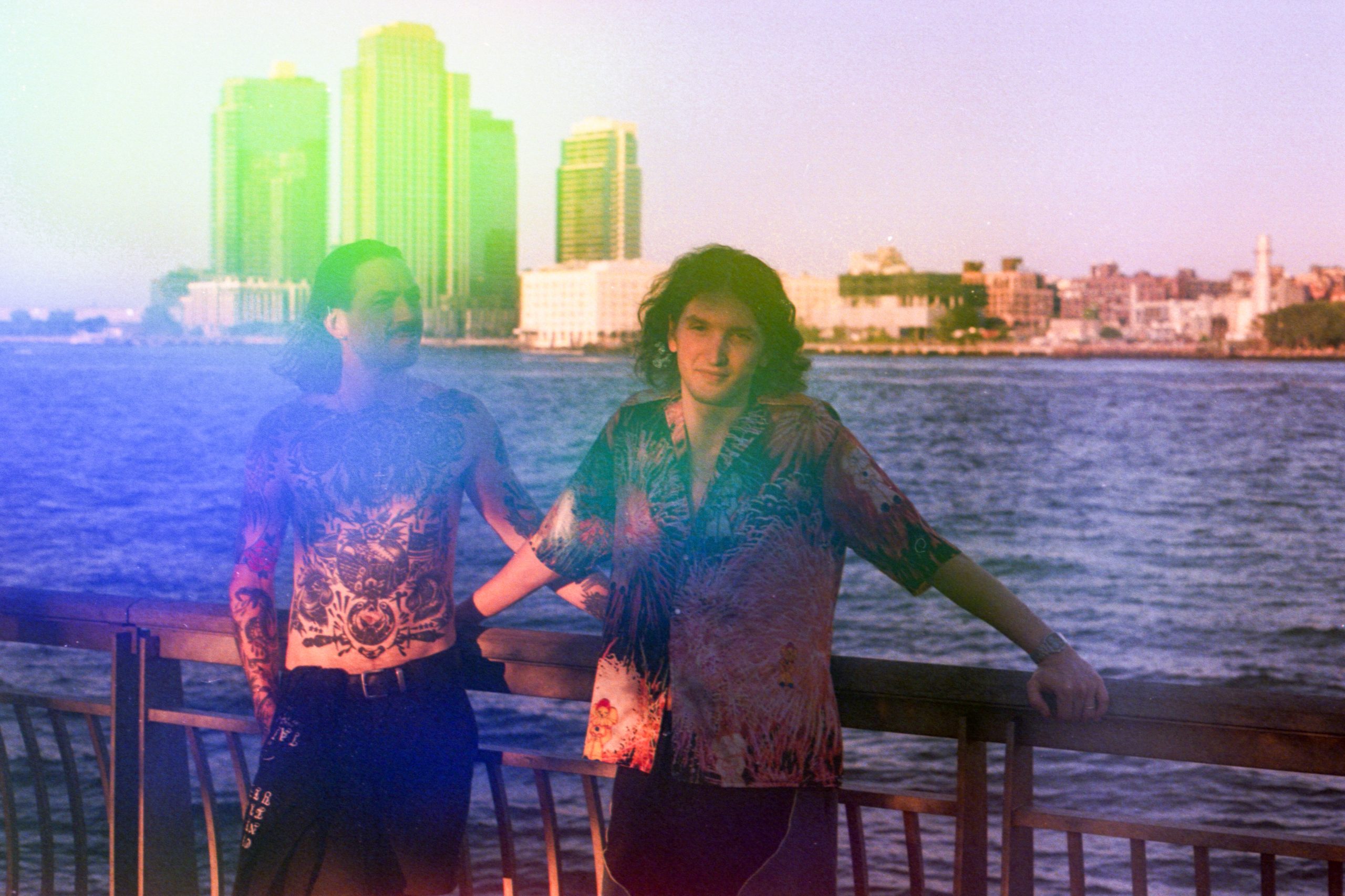Kari Jahnsen (Farao) and Katrín Helga Andrésdóttir (Special-K) make some time in their busy schedules to chat with HighClouds as we celebrate their new album by taking a deep dive into the bewitching world of Ultraflex.
When our Google Meet video chat first connects, one of us is momentarily missing. “Let me give Katrín a call. She’s been so busy editing our new video,” explains Kari. We’d been working on making this conversation happen for some time, dating as far back as the release of debut album Visions of Ultraflex in 2020 when our initial plans for an interview were complicated by a worldwide pandemic. Almost exactly two years later—and after a sickness and a work emergency required us to reschedule a couple of times—we finally manage to make our lives align, despite being in three different countries in three different time zones.
Kari: I am feeling better, yes. Thank you. It was a little stomach bug. I have a son in Kindergarten, and so I’m learning about all the germs.
For the uninitiated, Ultraflex is the divine collaboration between Farao (Kari Jahnsen) and Special-K (Katrín Helga Andrésdóttir), musicians from Norway and Iceland, respectively, with their own individual projects, who found themselves both living in Berlin with mutual “musical crushes” on each other. We’ve written a number of times about them—about their sparkling 80s dance-pop gems, the friendship so apparent in their work, and the self-aware flamboyance of their music videos. But today there are no outrageous outfits, no aerobic choreography, no puzzling persona. Instead, Katrín is curled up in a comfortable chair at her home in Reykjavik, and Kari takes a break from parenting in Berlin, both of them gracious and genuine as we ask to hear more about how these solo artists teamed up to become a duo.
At this point in your career, I particularly enjoy revisiting the “Olympic Sweat” video. It’s like a literal representation of you two joining forces and becoming this new thing: Ultraflex. I’d love to hear more about how you first ended up working together. How did that opportunity come about? Also, at some point I read that the two of you met by being matched on Tinder—I imagine there’s no truth in that?
Kari (with a sly smile): No, we may have made up a couple stories.
Katrín: Extreme Chill [an annual experimental music festival in Reykjavik] contacted me because they wanted to commission a musical collaboration between an Icelandic artist and a Norwegian artist. When they asked me to participate, I said I would but only if I could choose the Norwegian artist. They agreed, and so I asked Kari to join.
Kari: Originally we made just one piece. But it was a lot of fun, so we kept going.
What kind of piece did you create for the festival?
Katrín: It was a raw version of what would become the Visions of Ultraflex album. We wrote it in nine days, but then we ended up fleshing it out at Kari‘s studio in Berlin.

Ultraflex by Jae Tyler
Ultraflex first landed on the HighClouds radar back in May 2020 with the release of their origin-story video to “Olympic Sweat,” a dreamy disco instrumental, save for one brief moment in the back-half where Kari and Katrin‘s heavily processed voices simultaneously announce, “Ultraflex.” Since then, that vocal snippet has become a recognizable “producer tag” of sorts, appearing throughout their expertly curated mixes for foundation.fm, NBHAP, and Refuge Worldwide, all of which are revelatory and should be listened to as soon as possible. The past couple years have also seen the band win the Icelandic Music Award for Best Electronic Album as well as the Kraumur Award for Best Album. Now they’re back with follow-up album Infinite Wellness—eight new tracks of shimmery, atmospheric, electro-disco-pop, overflowing with synth hooks, dance beats, and breathy vocals.
Kari: Second albums are very difficult. Now people expect something from you.
It’s an easily understandable concern; critics have written for years about the dreaded “sophomore slump.” The thought even prompted Kari and Katrín to work with a band therapist/coach who had them write out an actual manifesto, ultimately reminding themselves, “We’re doing this because it’s fun.” And it must have helped: the fun these two undoubtedly have working on this project together is on full display throughout Infinite Wellness. Everything we love about their debut remains intact here—from the phat, arpeggiating bass patches to their self-proclaimed “club rap” vocals that manage to be simultaneously soothing, suggestive, and sometimes a little silly.



